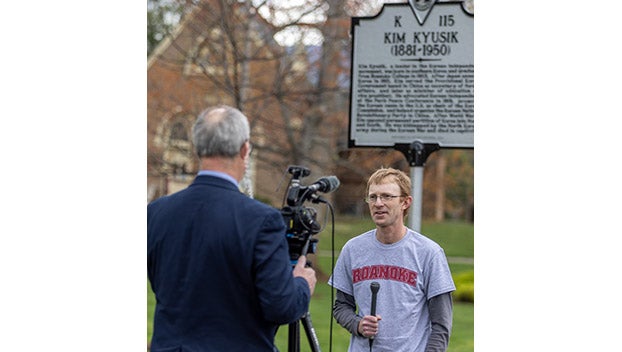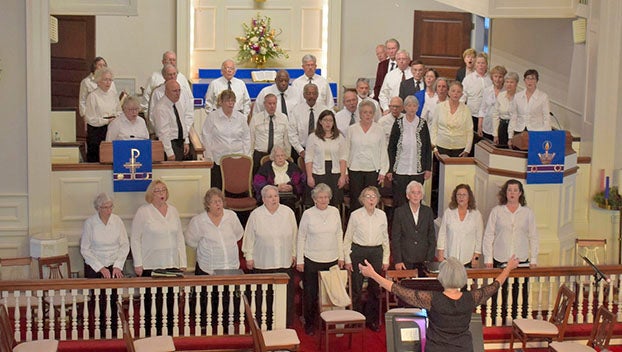Local teacher chosen for fellowship
Published 3:31 pm Wednesday, August 10, 2022
|
Getting your Trinity Audio player ready...
|
The goal was to help. Earlier this year, Virginia Humanities picked 12 teachers and gave them the resources to design new learning experiences. These projects would then be made available to teachers across the state, giving them some assistance in the classroom.
Local teacher Lewis “Lew” Longenecker was part of that group. And now that the project’s halfway finished, he sat down with The Herald to talk about what he worked on and how he hopes students respond.
Longenecker teaches United States History II at Cumberland County Middle School. He heard about the K-12 Educator Fellowship and decided to submit his application. He was chosen to be a part of a team of educators to create a curriculum on primary sources.
Setting up a fellowship
Virginia Humanities aims to share the stories of local Virginians and provide ways for people to tell their own stories. Virginia Humanities is using this fellowship to create a curriculum to help educators across the state have a better connection to humanities and local history.
The K-12 Educator Fellowship is made up of teachers, administrators and other educators to create learning experiences that will be available on a new website produced by Virginia Humanities. The team will use the information they gather for their own classrooms but the information will also be available for educators across the commonwealth once the website is published.
“It’s a lot of work but it’s been very enjoyable,” said Longenecker. “I find that the more you learn about a subject the more you want to learn more about it. I hope to pass this along to the students.”
Learning about primary sources
Longenecker has taught in the history department at Cumberland County Middle School for 19 years. He spent the first 10 years teaching civics before moving to United States History II. Even though this project focuses on history courses, according to Longenecker, educators of many subjects can find use in this information.
To focus more on local history, fellows were provided with a 360-degree camera. According to Longenecker, this is an important component as the team is creating virtual reality tours of historical sites.
“The use of local primary source documents, student inquiry, student choice activities and interactive technology leads to a more accurate, engaging, relevant and rigorous curriculum,” said Longenecker.
The fellowship started in March and will last until November. After the information is turned into Virginia Humanities, the organization will review the information and turn it into an online resource for educators in the classroom or teaching remotely.






